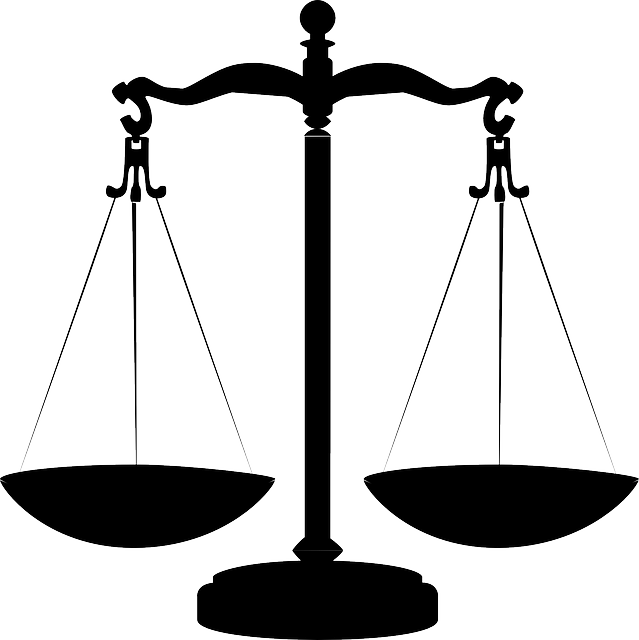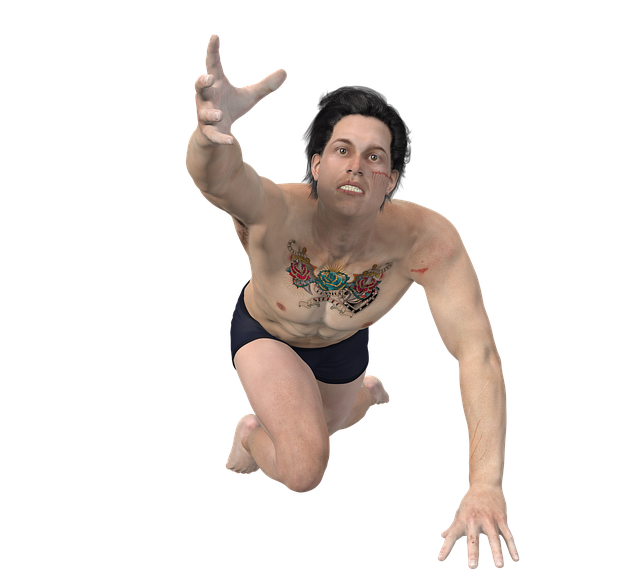Car accident fault determination is a complex process influenced by both objective evidence (like witness accounts and physical clues) and subjective elements (such as driver intent, perception, and emotions). This subjectivity can lead to biased outcomes and unfair judgments. Personal experiences and interpretations may skew the interpretation of evidence, making it challenging to allocate responsibility accurately. Lawyers play a crucial role in navigating these complexities by presenting compelling evidence, challenging arguments, and highlighting potential biases. In evaluating subjective testimonials, experienced accident lawyers use strategies like corroborating evidence and expert opinions to ensure reliability and foster fairer outcomes in car accident fault determination.
In the intricate process of determining car accident fault, mistakes can have profound consequences. This article explores common pitfalls that can skew fault assignment, focusing on subjective evidence, insufficient data collection, and misinterpretations of physical evidence. By delving into these issues, we aim to equip readers with strategies to mitigate human error, ensuring more accurate and just outcomes in car accident fault determination cases.
- Subjective Evidence and Its Impact on Fault Assignment
- – The role of personal biases in determining fault
- – Challenges in evaluating subjective testimonials
Subjective Evidence and Its Impact on Fault Assignment

In car accident fault determination cases, subjective evidence plays a significant role, often swaying the outcome of the case. While objective factors like witness accounts and physical evidence provide a clear picture of what happened, subjective elements like driver intent, perception, and emotions can introduce complexity. These aspects are inherently difficult to prove or disprove, as they rely on individual experiences and interpretations. For instance, if a driver claims they didn’t see a stop sign due to poor visibility, the truth may lie in their judgment rather than the objective existence of the sign.
This subjective nature can create challenges for both plaintiffs and defendants when pursuing or defending against truck accident injuries or property damage claims. An auto accident attorney representing either party must carefully navigate this terrain, gathering evidence that supports their client’s subjective experience while also countering opposing sides’ subjective claims. Effective fault assignment in car accidents thus requires a delicate balance between objective facts and the nuanced, often unquantifiable, aspects of human perception.
– The role of personal biases in determining fault

In fault determination cases, especially following car accidents, personal biases can significantly influence the outcome. Human decision-makers, whether judges or jurors, bring their own experiences, beliefs, and preconceptions to the table. These unconscious biases may color their interpretation of evidence, leading to unfair judgments. For instance, a person might assume that certain behaviors—like wearing a seatbelt or driving aggressively—automatically indicate fault, ignoring context or mitigating factors. This can result in an inaccurate allocation of responsibility, particularly when dealing with complex car accident scenarios.
Understanding and acknowledging these biases is crucial for ensuring just accident settlements. Lawyers play a vital role in navigating this challenge by presenting compelling evidence, challenging opposing arguments, and highlighting the potential impact of biases on the decision-making process. Moreover, promoting transparency about the role of human perception in fault determination can help raise awareness and foster a more objective approach to resolving car accident injuries and their associated disputes.
– Challenges in evaluating subjective testimonials

Evaluating subjective testimonials presents unique challenges in car accident fault determination cases. Testimonies often rely on personal perceptions and memories, which can be influenced by various factors such as emotional state, bias, and time elapsed since the event. This subjectivity introduces inherent uncertainty, making it crucial for investigators to critically assess the reliability of these statements. Misinterpreting or overlooking subjective testimonials can lead to inaccurate conclusions about liability, especially when combined with other circumstantial evidence.
In cases involving serious injuries, breach of contract, or complex legal disputes, an accident lawyer’s expertise is invaluable. They understand the nuances of testimonial evaluation and employ strategies to verify their authenticity. This includes corroborating statements with physical evidence, examining witness credibility through cross-examination, and relying on expert opinions to provide unbiased interpretations. By navigating these challenges effectively, legal professionals can ensure a more accurate fault determination, ultimately leading to fairer outcomes for all parties involved.
In navigating complex car accident fault determination, recognizing and mitigating the impact of common mistakes is vital. Personal biases inherent in subjective evidence can significantly influence fault assignment, making it crucial to approach testimonials with scrutiny. By understanding the challenges associated with evaluating these accounts, legal professionals can ensure a more balanced and accurate assessment of liability, ultimately reaching just conclusions in car accident cases.





